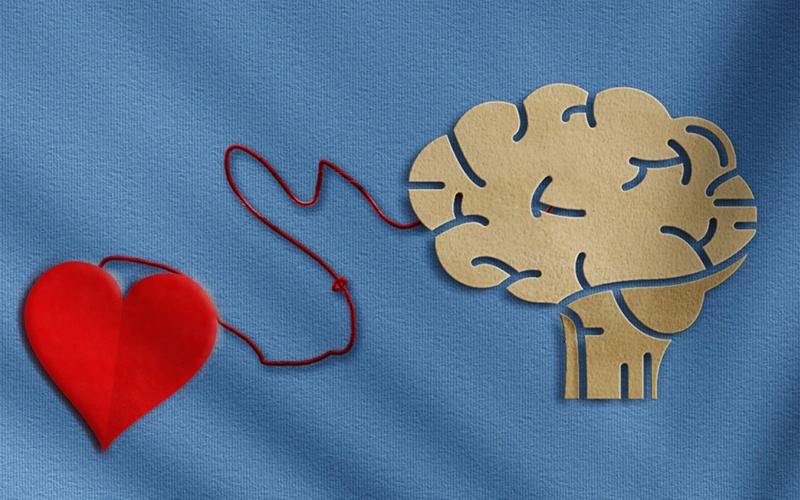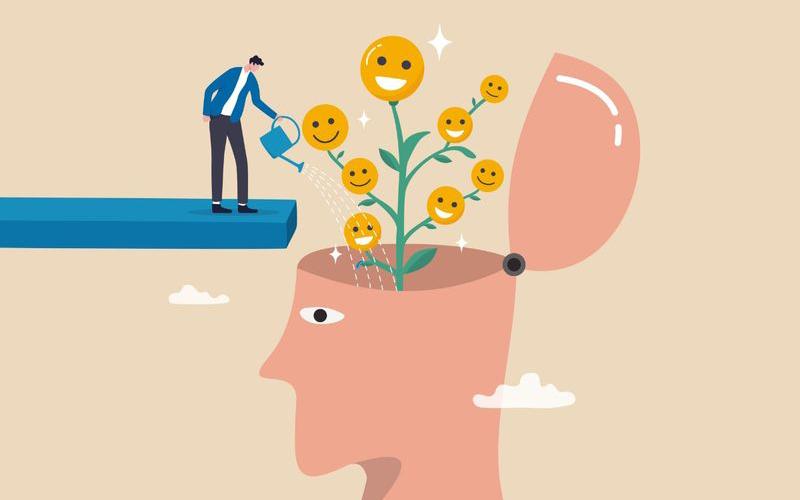Exploring the Deep Emotional Bonds: Attachment to Pets and Its Impact on Well-Being
Introduction Pets have long been companions to humans, offering more than just physical presence. Whether it’s the joyful wag of a dog’s tail or the comforting purr of a cat, the bond people share with their pets can profoundly influence emotional and mental health. Understanding attachment to pets allows us to appreciate how these relationships contribute to overall well-being.
The Concept of Pet Attachment
Attachment to pets refers to the emotional bond that develops between humans and their animal companions. This connection can manifest in various ways, from providing comfort in times of stress to fulfilling emotional needs. Research suggests that the quality of the relationship between an owner and their pet is similar to that of close human relationships, often offering social support and emotional fulfillment.
For many, pets serve as confidants, sources of unconditional love, and nonjudgmental companions. These aspects are particularly important for individuals experiencing loneliness, anxiety, or depression. Pets create a sense of belonging and purpose, which can alleviate feelings of isolation.
The Psychological Impact of Pet Attachment
Studies show that strong bonds with pets can lead to a range of positive mental health outcomes, including reduced stress and anxiety levels, enhanced mood, and even lower blood pressure. The presence of a pet can boost serotonin levels, which contributes to feelings of happiness. For people struggling with mental health issues, having a pet can provide a vital source of emotional stability.
However, not all pet attachment is universally positive. Some research indicates that overly dependent attachment to pets might lead to increased anxiety or depression when separated from the pet. Owners with high emotional reliance on their pets may experience distress when they face pet loss, illness, or even daily separations, suggesting a complex dynamic in pet-owner relationships.
Attachment Styles and Pets
Interestingly, attachment theory, which is often applied to human relationships, can also explain variations in pet attachment. People with a secure attachment style tend to form healthier, balanced relationships with their pets, while individuals with anxious attachment may exhibit over-dependence. Understanding your attachment style with your pet can offer insights into your overall relationship dynamics and emotional needs.
The Role of Pets in Alleviating Loneliness
One of the most common benefits of pet ownership is reduced loneliness. Pets, especially dogs and cats, provide companionship that fosters a sense of purpose and routine. Loneliness is often a precursor to other mental health issues such as depression, and having a pet can significantly buffer these effects by providing consistent companionship.
Conclusion
The bond between humans and pets goes beyond simple companionship; it can profoundly influence mental and emotional well-being. If you’re interested in discovering the depth of your attachment to your pet and how it might be influencing your emotions and behavior, take the Attachment to Pets scale to learn more about your unique pet-owner relationship.



